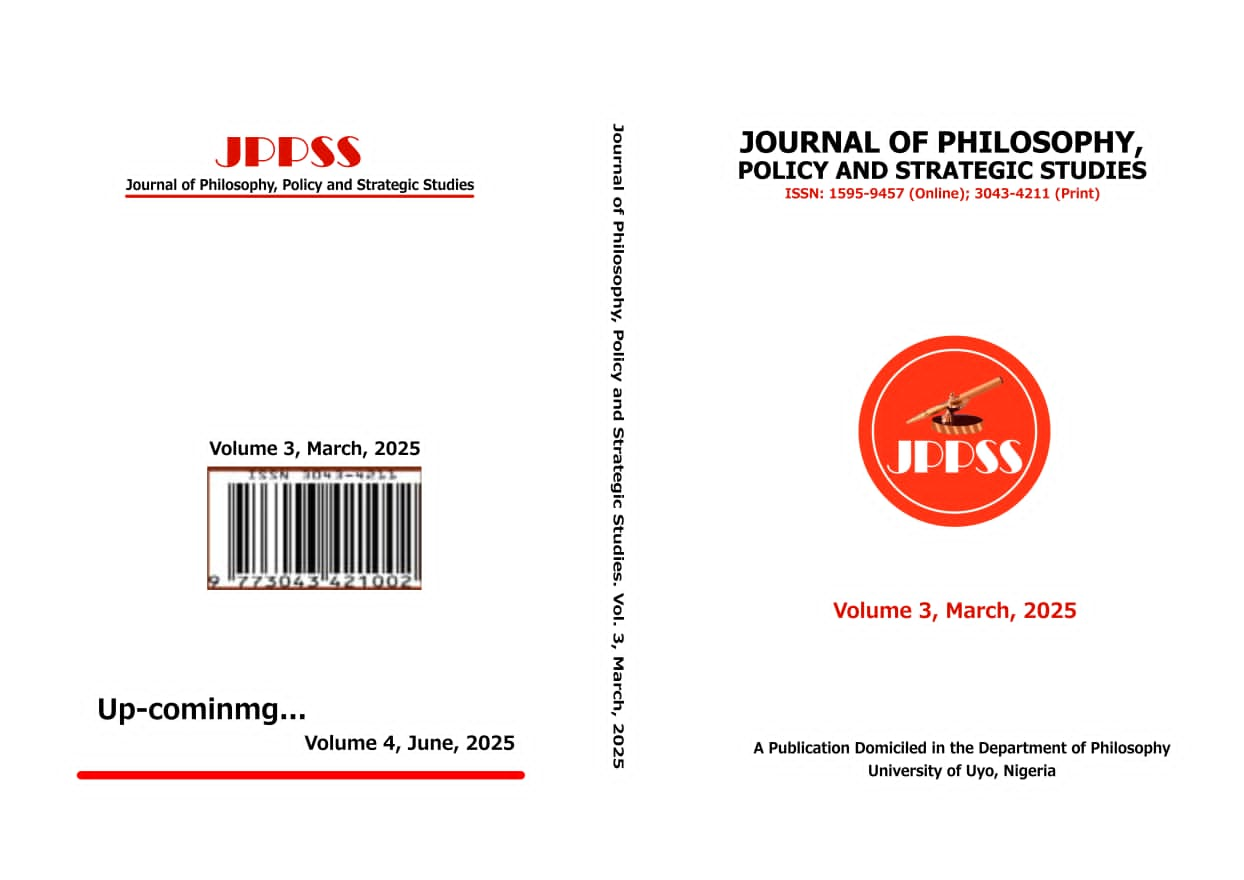ARTIFICIAL INTELLIGENCE AND THE CONCEPT OF PERSONHOOD IN YORUBA CULTURE: EXPLORING THE FUTURE OF SOCIAL ROLES IN YORUBA SOCIETY
By
Gbenga Cornelius Fasiku
&
Mark Adejoh
Department of Philosophy
Prince Abubakar Audu University, Anyigba.
Abstract
This paper examines the concept of personhood within the Yoruba cultural milieu and its philosophical implications for understanding artificial intelligence (AI). In Yoruba culture, personhood is a dynamic process, deeply tied to moral responsibility, social roles and communal participation, rather than merely being a function of rationality or individual autonomy. The paper observes that in Yoruba culture, personhood is not merely biological or an inherent status but encompasses a moral and social paradigm defined by one’s roles, responsibilities and relationships within the community. This stands in contrast to Western philosophical paradigms, which often emphasize rationality, consciousness, or individual autonomy as the defining traits of personhood. As AI continues to evolve, increasingly simulating human autonomy and decision-making, questions about its probable status as a “person” arise. This paper adopts a critical method to query whether Yoruba cultural paradigms, which stress moral worth and communal relationships, can offer new insights into the evolving definition of personhood in the age of AI. The paper therefore concludes that the integration of AI into Yoruba society will require careful deliberation of how these AI technologies will either align with or disrupt their long established cultural standard and perspective on personhood.


